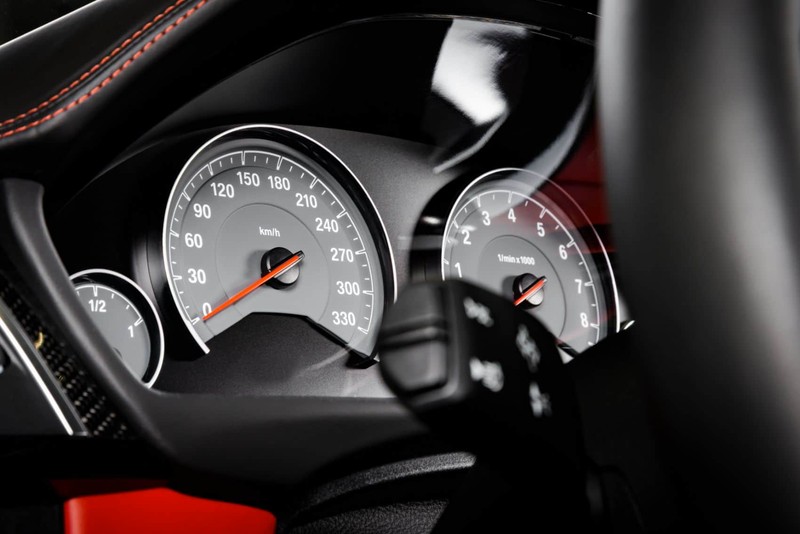Odometer readings are essential for calculating a vehicle’s mileage and significantly impact its value. But several misconceptions about the phrase “odometer exempt” could cause misunderstandings and misinterpretations. To comprehend what “exempt odometer in texas” implies and its ramifications more clearly, it is crucial to dispel these misunderstandings. The following frequent myths are dispelled:
1- Myth 1: If an odometer is exempt, it has been tampered with.
Contrary to what many people think, the phrase “odometer exempt” does not indicate that the odometer was intentionally tampered with or changed. It does not refer to dishonest behaviour.
For more information on arbitration and other frequently asked lemon law attorney questions, click here.
Instead, it denotes that the car has reached its mechanical breaking point or that the odometer can no longer reliably reflect the complete distance. This frequently applies to older cars since the odometer might not be able to show mileage above a particular point.
2- Myth 2: The vehicle’s mileage is unclear if the odometer is exempt.
While an “exempt odometer” implies that the mileage can’t be displayed accurately, it does not inherently imply that the car’s mileage is unknown.
Documentation, maintenance logs, or archived data are frequently available and can offer details about the mileage history of the vehicle. To decide on the condition and worth of the vehicle, buyers should gather whatever information they can.
3- Myth 3: Vehicles without odometers are unsafe or unreliable.
“Odometer exempt” does not automatically render a car unreliable or dangerous. It merely implies that more is needed to evaluate the condition of the car purely based on the odometer reading.
Additional elements, including visual inspection, servicing records, vehicle background reports, and expert inspections, should be considered to assess the car’s general condition and dependability.
4- Myth 4: Vehicles Without Odometers Have No Resell Value.
Although certain consumers might be reluctant to buy a car with an “odometer exempt” label because they cannot ascertain its exact mileage, this does not imply that these cars have no value in the secondary market.
The condition of the car, its maintenance history, its rarity, and how desirable it is can all affect its resale value. Sellers and purchasers should be open and honest about the vehicle’s state and give prospective buyers as much data as possible.
5- Myth 5: Vehicles with odometer exemptions cannot be financed or insured.
The “exempt odometer” label alone does not preclude an automobile from insurance or financing; insurance firms and lenders often consider several variables when deciding coverage or loan eligibility.
However, to accurately determine the car’s worth and condition, insurance companies and lenders might need to see more information and proof.
Speaking with lenders and insurance companies directly is best to learn about their particular needs.
To Summarize
“Odometer exempt” does not reference odometer tampering, a vehicle’s mileage being secret, or its inherent unreliability. It means that the odometer, usually because of mechanical constraints or old age, cannot accurately represent the complete mileage.
To determine the condition and worth of an “exempt odometer” vehicle, buyers should acquire as much information as possible. This includes maintenance documents and vehicle history.
To ensure equal deals and precise expectations on the mileage and general condition of the car, transparency among both parties is essential. To get legal consultation regarding odometer reading & contract dealing, Allen Stewart will provide you with reliable, professional experts. For a direct consult, visit the website.




